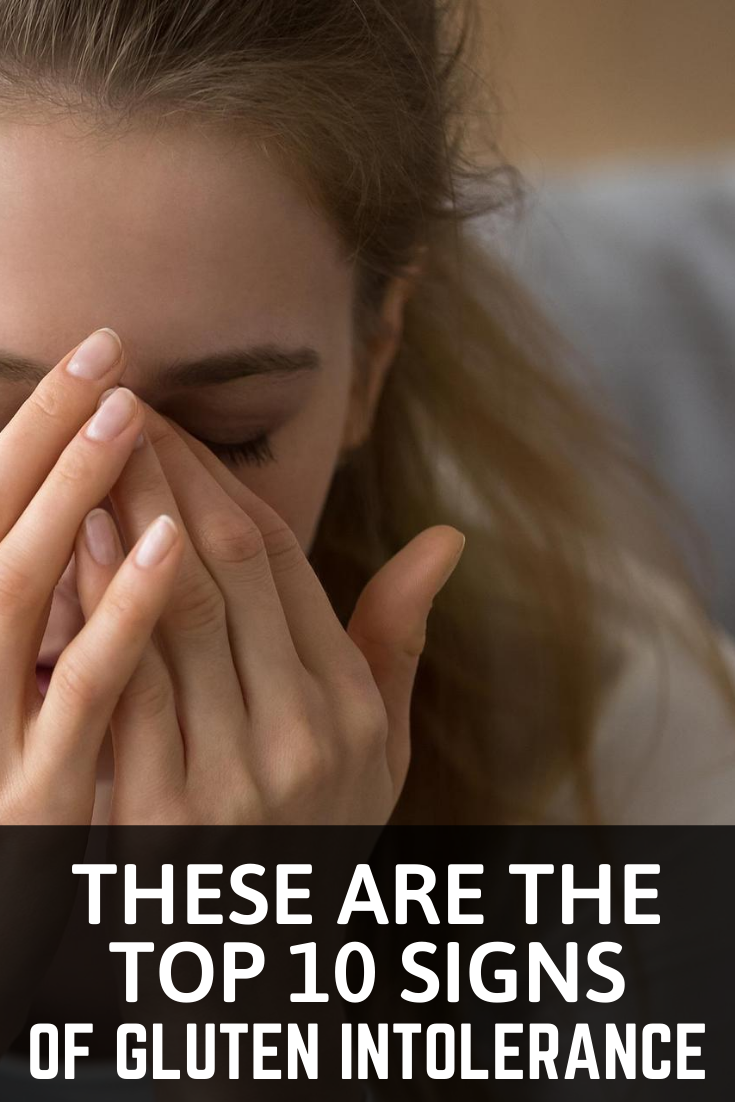Health
These Are The Top 10 Signs Of Gluten Intolerance
You’ve probably heard all kinds of negative things about gluten, but do you know what it really is? Gluten is a protein composite found in wheat, rye, barley and oats which gives a dough elasticity and helps it rise. Although safe for most people, some can experience an allergic reaction to gluten, which can lead to gluten intolerance or celiac disease. Celiac disease is a dangerous autoimmune disease which can manifest through a variety of symptoms and presents a risk for serious long-term ailments.
Gluten is very difficult to eliminate from the system – it can take months and years to completely “scrape it off” your body. Although gluten intolerance manifests through many symptoms, it often goes undetected until it becomes a big problem. This is why it’s important to stop ignoring the signs of gluten intolerance in order to protect your health.
Experts recommend trying a so-called elimination diet in cases of gluten intolerance, but this diet isn’t really effective for everyone. The best way to prevent further problems is to recognize the signs of gluten intolerance on time, and we have the top 10 listed below.
10. Digestive problems – frequent gasses, constipation and diarrhea may be a sign that your intolerant to gluten.
9. Keratosis pilaris (chicken skin) – this symptom is usually caused by lack of fatty acids and vitamin A in your body, but it can also be a result of the damage gluten has done to your gut.
8. Fatigue, brain fog and feeling tired after a meal – all 3 symptoms are major signs of gluten intolerance.
7. Neurologic symptoms – losing balance and feeling dizzy for no apparent reason may be a sign of gluten intolerance.
6. Diagnosis of Hashimoto’s, Lupus, Psoriasis, rheumatoid arthritis, scleroderma or MS – all these disorders have been associated with gluten intolerance.
5. Hormone imbalance – if the levels of your hormones have been thrown out of balance, you may be gluten intolerant.
4. Headaches and migraines – both conditions have been associated with gluten intolerance.
3. Fibromyalgia and fatigue – if your doctor can’t find the main reason for these symptoms, they may be caused by gluten intolerance.
2. Joint inflammation and swelling – both symptoms can be caused by gluten intolerance.

1. Anxiety, ADD and depression – recent studies have linked these symptoms to gluten intolerance.
How to test for gluten intolerance?
The best way to test if you’re gluten intolerant is to go on an elimination diet for a few weeks. Start eliminating some foods for your diet and take a note in a food journal about how you felt afterwards – if you’re feeling bloated and bad, it may be because of gluten intolerance.
Treating gluten intolerance
If you’re gluten intolerant, it means that you should eliminate gluten from your diet completely, as even trace amounts of the protein may continue harming your body. According to one study, gluten intolerant people who eat gluten only once a month have a significantly higher risk of death, which is why you need to eliminate it from your diet by a 100%.















